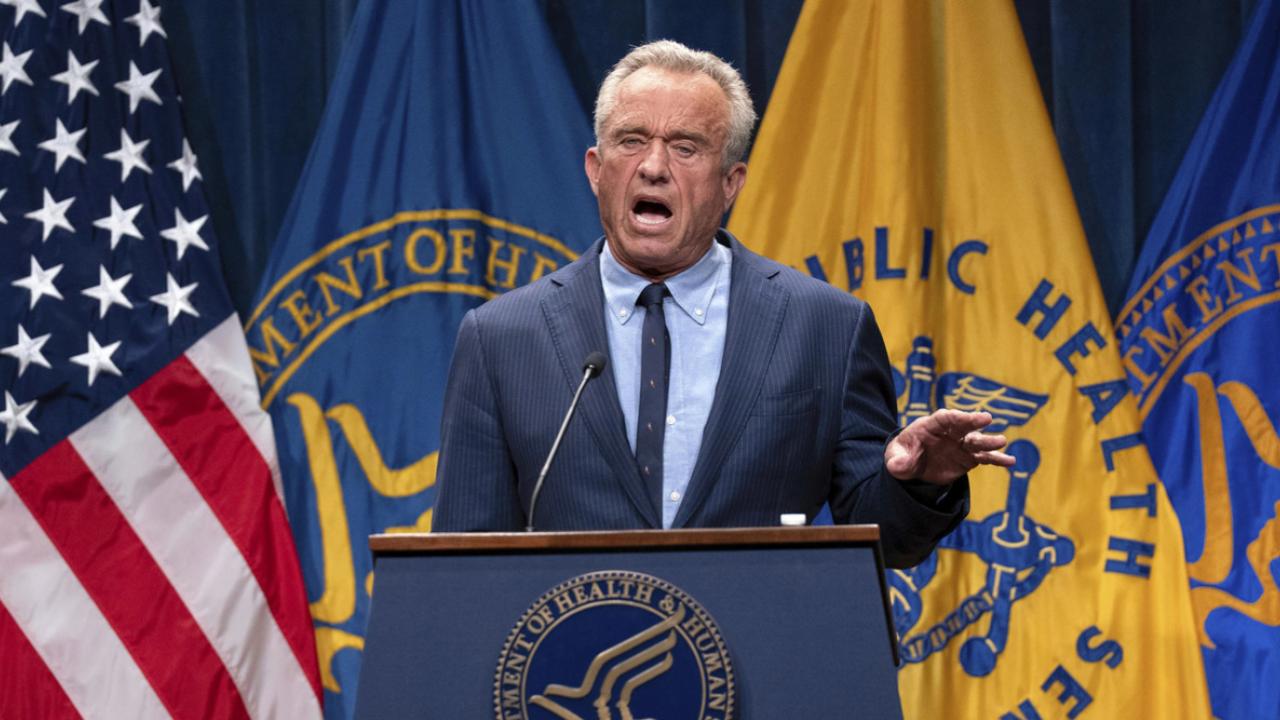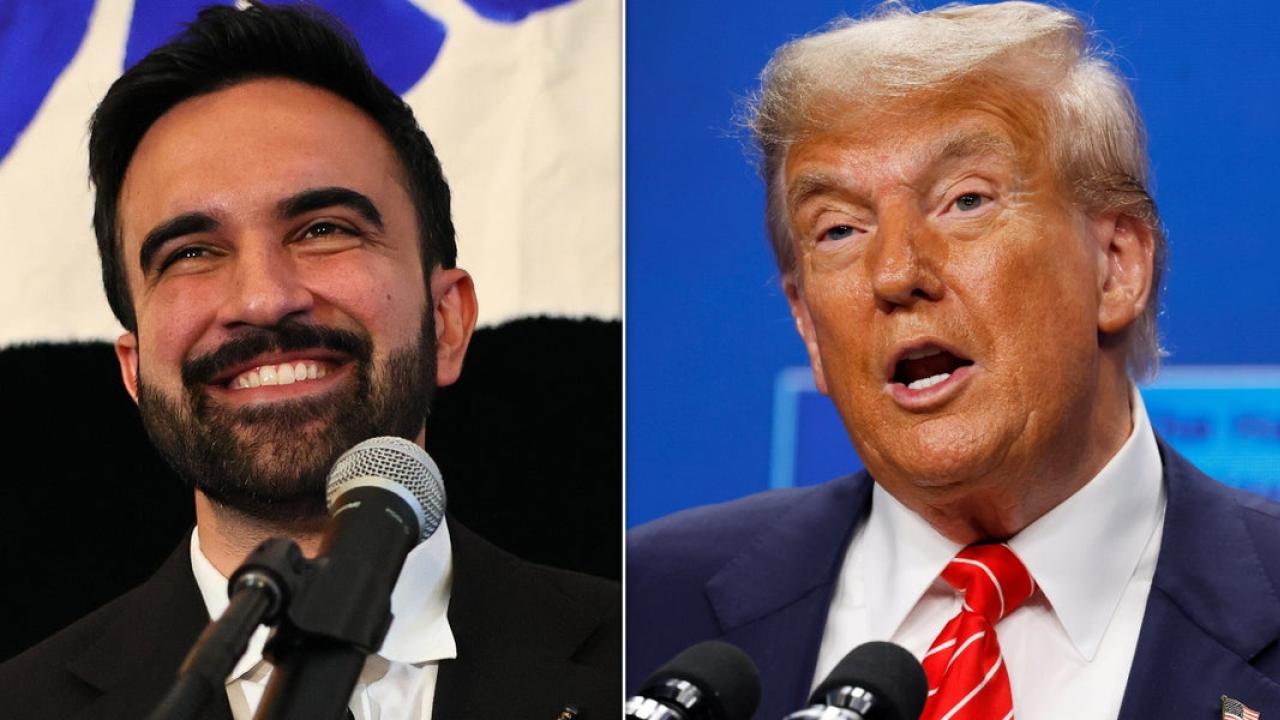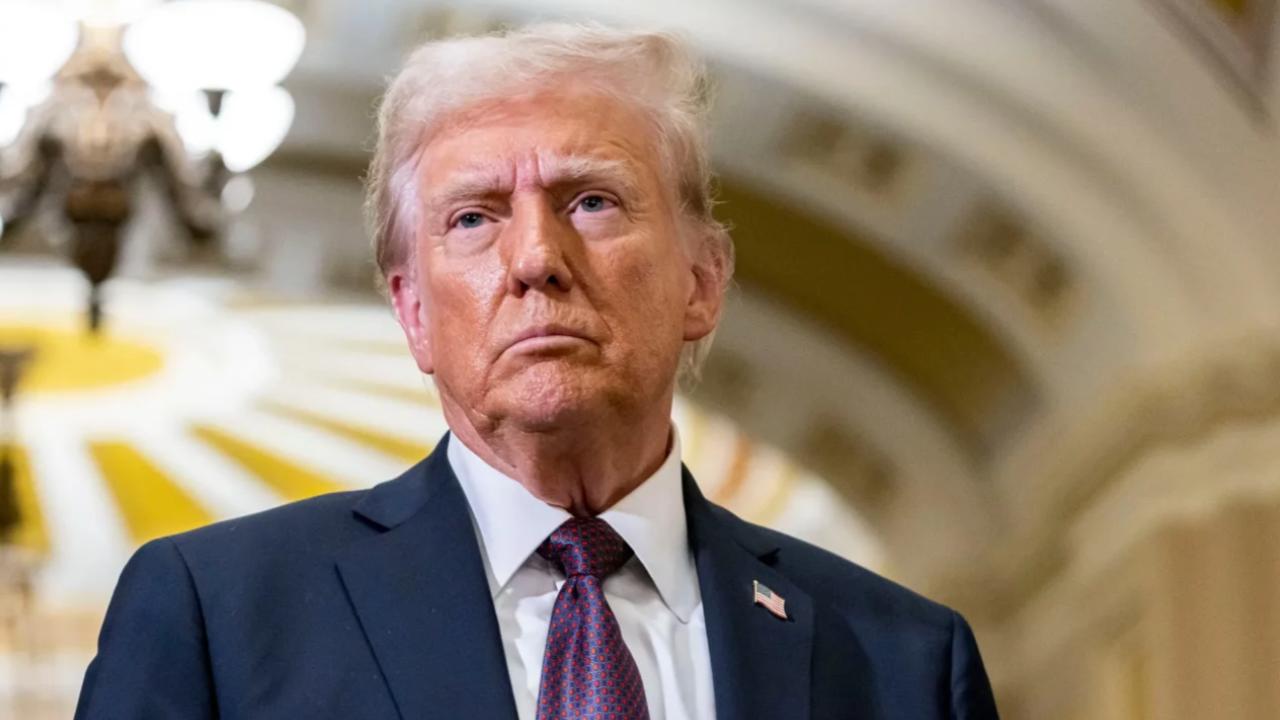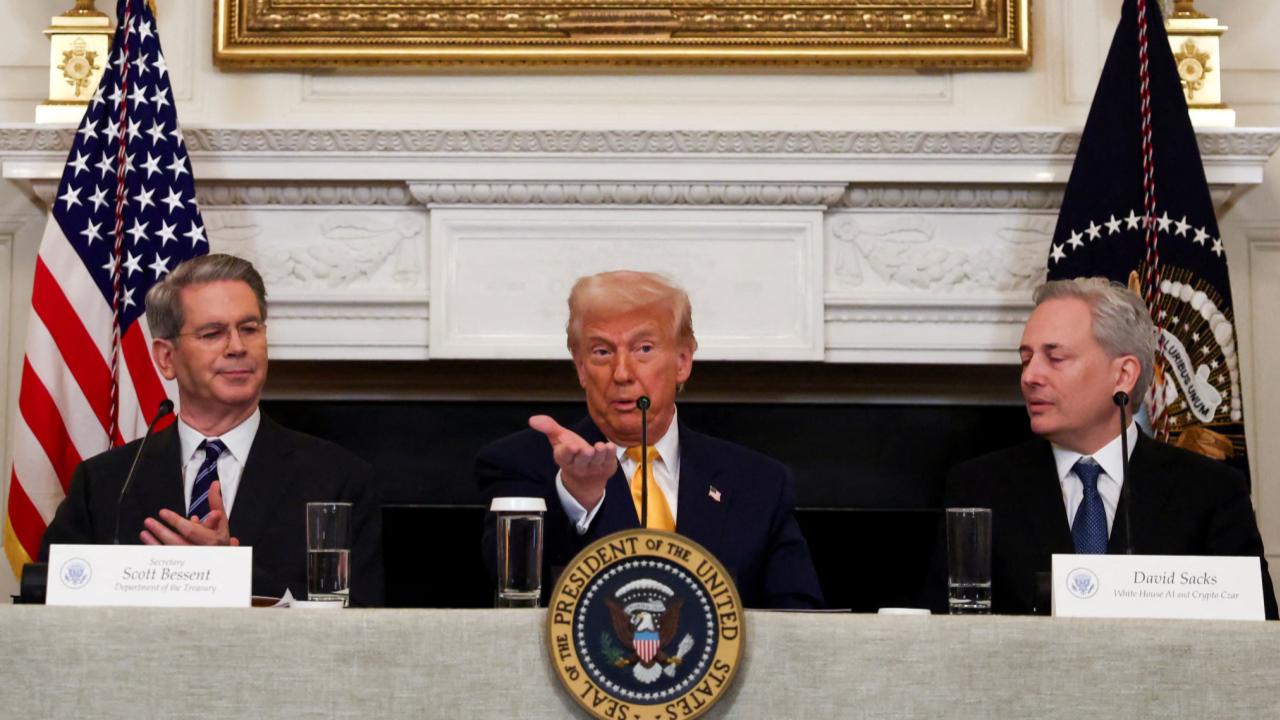In a growing crackdown against the deadly fentanyl epidemic, the U.S. government has leveled serious accusations against major Mexican companies. These businesses, including prominent financial institutions, are alleged to be inadvertently or deliberately facilitating the operations of drug cartels involved in the trafficking of fentanyl into the United States. With the opioid crisis wreaking havoc on American communities, these revelations have sparked outrage and raised critical questions about corporate responsibility, regulatory oversight, and international collaboration.
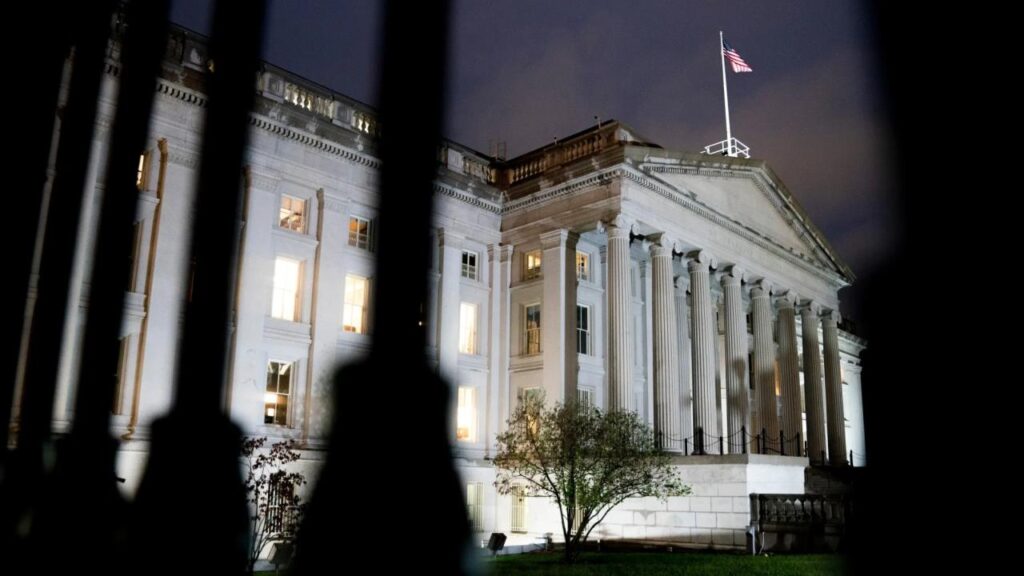
The fentanyl epidemic has claimed tens of thousands of American lives annually, becoming one of the deadliest health crises in U.S. history. This new development signals the increasing global dimensions of the problem, with Mexican companies allegedly acting as enablers in the transnational drug trade.
US Accuses Mexican Companies of Supporting Fentanyl Trade
| Key Insight | Stat/Citation |
|---|---|
| Financial institutions linked to cartels | U.S. authorities claim multiple Mexican financial firms have ties to fentanyl trade (Reuters). |
| Fentanyl deaths in the U.S. | More than 70,000 Americans died from synthetic opioids in 2022 (CDC). |
| Efforts to curb fentanyl trade | U.S. and Mexican governments pledge joint action to target illicit fentanyl production and trafficking (NYT). |
The fentanyl crisis is an international issue that goes far beyond law enforcement at the U.S.-Mexico border. With major financial firms now under fire for potentially facilitating the trafficking of this deadly drug, both governments face mounting pressure to act. It’s not just about stopping the flow of fentanyl but about disrupting the financial networks that enable it.
The Growing Threat of Fentanyl
Fentanyl, a synthetic opioid that is 50 to 100 times more potent than morphine, is the primary driver of overdose deaths in the U.S. Recent data shows that fentanyl and its analogs were responsible for nearly 70% of all opioid-related fatalities in the U.S. in 2022. The drug is often mixed with other substances, making it even more deadly to unsuspecting users.
Cartels Behind the Trade
While fentanyl’s production primarily occurs in China, Mexican drug cartels play a pivotal role in its distribution. Mexican cartels like the Sinaloa and Jalisco New Generation Cartel (CJNG) are said to have been responsible for smuggling fentanyl into the U.S. in large quantities. The drugs are either directly manufactured in Mexican labs or smuggled from China and then transported across the southern border.
Given the immense financial profits these operations generate, cartels have been known to use various methods to launder their illicit earnings. This is where Mexican financial institutions come under scrutiny.
Financial Firms: Unwitting or Willing?
The latest allegations suggest that several prominent Mexican financial companies may have knowingly or unknowingly assisted in laundering money for drug cartels linked to the fentanyl trade. These companies are accused of facilitating large transactions, many of which were disguised to avoid detection by U.S. authorities. Mexican officials have yet to fully respond to the accusations, but the growing pressure from the U.S. government has put these financial institutions under intense scrutiny.
The U.S. Department of Justice has not disclosed the names of the companies involved, but investigators suggest that large international banks operating in Mexico may be among those implicated. If proven, these accusations could lead to significant legal consequences, including sanctions and restrictions on operations, not just for the companies involved but for the broader financial sector in Mexico.

The Role of Regulation and Oversight
The accusations also shine a spotlight on the effectiveness of financial regulation and oversight in Mexico. While the Mexican government has made strides in improving its anti-money laundering laws, critics argue that more needs to be done. International banking systems are incredibly complex, and cartels often exploit loopholes or weak enforcement to launder their profits.
In response to growing concerns, U.S. regulators have called for stricter collaboration with Mexican authorities to ensure that the financial sector is not serving as a conduit for illicit activity. The situation has brought to light the need for stronger oversight of cross-border financial transactions and better tracking of illicit financial flows.
U.S. and Mexican Governments on High Alert
The Biden administration has made combating the fentanyl crisis one of its top priorities. In recent years, U.S. law enforcement has ramped up efforts to target the cartels smuggling the drug into the country. However, as the latest revelations indicate, the fight against fentanyl is a complex and multifaceted issue, involving not just law enforcement but also international cooperation between financial regulators, policymakers, and businesses.
Both the U.S. and Mexican governments have pledged to take action. In 2023, President Biden and Mexican President Andrés Manuel López Obrador discussed ways to curb the fentanyl trade during a bilateral meeting, focusing on increasing intelligence sharing and improving law enforcement efforts on both sides of the border.
The Role of Financial Transparency
Advocates for greater financial transparency have been quick to call for stronger measures to prevent financial institutions from aiding cartels. According to experts, the lack of transparency in some banking practices allows illicit actors to move large sums of money with relative ease. In 2023, global watchdog groups like the Financial Action Task Force (FATF) urged countries to tighten regulations to ensure that financial systems are not being exploited by criminal organizations.
The U.S. is also exploring new measures, including targeting financial networks and enacting policies to hold foreign financial institutions accountable for facilitating illegal activities. The idea is to disrupt the financial lifeblood of criminal cartels, cutting off their access to funds.
Impact on U.S.-Mexico Relations
The allegations against Mexican financial firms add another layer of complexity to U.S.-Mexico relations. While both countries have long worked together to combat drug trafficking, the recent developments have raised concerns about the effectiveness of their joint efforts. Some argue that Mexico’s cooperation has not been robust enough, and that more pressure is needed to curb the flow of fentanyl.
On the other hand, critics of the U.S. approach say that Washington needs to do more to address the demand side of the equation, focusing on addiction treatment and harm reduction efforts rather than solely relying on border enforcement. The situation calls for a more comprehensive approach to tackling the crisis, balancing law enforcement with public health initiatives.
Financial Firms Under Scrutiny: What’s Next?
The financial sector in Mexico is now under the microscope. If U.S. authorities can prove that Mexican banks and financial institutions are complicit in laundering money for cartels, it could result in serious consequences, both for those firms and for the broader financial industry in Mexico.
At the same time, the pressure on the Mexican government to act decisively against cartels and improve anti-money laundering efforts is mounting. The relationship between the two nations will be tested in the coming months as authorities work to uncover the full extent of the financial networks supporting the fentanyl trade.
As the crisis continues to claim American lives, it’s clear that addressing the fentanyl epidemic requires a multifaceted approach that not only targets the cartels but also their financial enablers. The next steps in this investigation could set the stage for major reforms in international financial oversight and drug trafficking enforcement.
FAQs
1. Why are U.S. authorities targeting Mexican companies in relation to the fentanyl crisis?
U.S. authorities are investigating Mexican financial institutions for allegedly laundering money for drug cartels involved in the fentanyl trade, which is responsible for thousands of overdose deaths in the U.S.
2. What is fentanyl, and why is it so deadly?
Fentanyl is a synthetic opioid that is significantly more potent than morphine. It is responsible for the majority of opioid-related deaths in the U.S., often mixed with other drugs without users’ knowledge, leading to fatal overdoses.
3. How are Mexican cartels involved in the fentanyl trade?
Mexican cartels, such as the Sinaloa and CJNG, play a central role in trafficking fentanyl from labs in Mexico to the U.S., often with the aid of financial institutions to launder the drug money.
4. What are the U.S. and Mexico doing to fight fentanyl trafficking?
Both countries are increasing cooperation through intelligence sharing, law enforcement collaboration, and strengthening regulations to tackle the fentanyl trade and the financial networks supporting it.


